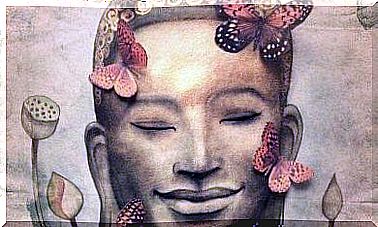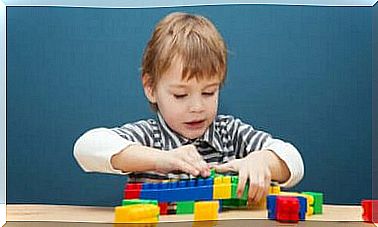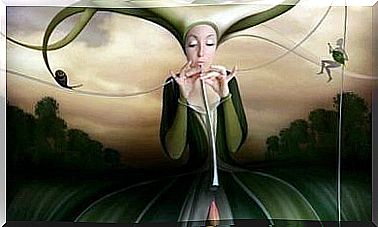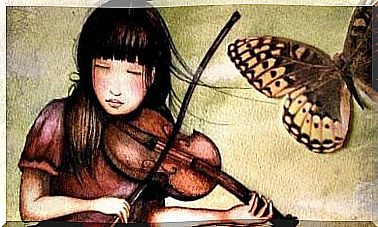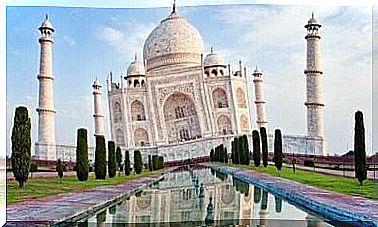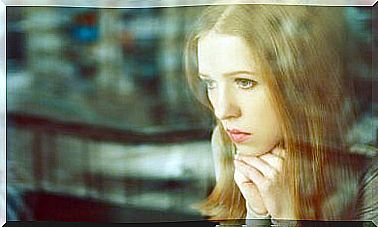Where Does Willpower Come From
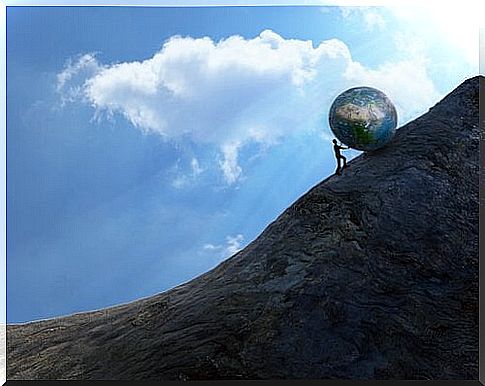
Although the expression “willpower” is a phrase that everyone uses without thinking about it, in reality it is a concept that is a source of great controversy.
From a philosophical point of view, this concept originates in metaphysics and, more specifically, in Aristotle’s philosophy. Starting from here, it was then introduced into the various Western religions, thus becoming one of the most important virtues.
Willpower is defined as the ability to direct and control one’s actions.
Metaphysicians and religions specify that this force arises exclusively from the free determination of each individual.
Despite this, psychoanalysis has questioned both the concept of “will” and “willpower” following the discovery of the unconscious.
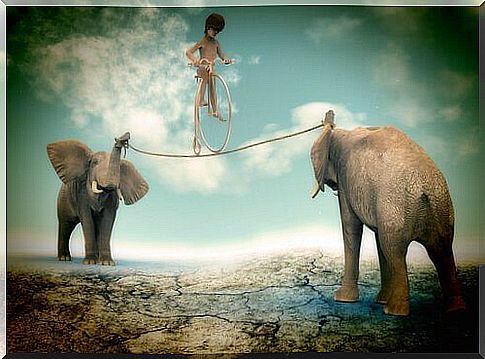
What is beyond our control
According to psychoanalysis, conscious processes are only “the tip of the iceberg” as far as mental activity is concerned. In reality, thoughts and actions are determined by a force that is not that of the will, but that of the unconscious.
This discovery made it possible to give an explanation to various episodes such as, for example, the “lapsus linguae”, ie those episodes in which a person wants to say something, but, “without wanting to”, ends up saying a different one.
Furthermore, the unconscious is responsible for the so-called “failed acts”: the individual consciously promises himself to do something, but ends up performing a very different action.
We see it every day in everyday life. Someone who wants to arrive early for their appointment, but, “unwittingly”, ends up being late or not arriving at all; those who want to “put more effort into their work” but end up dealing with something different while doing their jobs.
For psychoanalysis, all this means that the will is not a force, but the manifestation of an unconscious desire. Only when a person acts in a manner consistent with his desires does the will also come into play. If not, that “will is traitor”.
For this reason, there are plans that continue to be postponed, changes that never occur or intentions that never, ever turn into concrete actions.
Even Eastern philosophies, like Zen philosophy, do not include the idea of so-called “willpower” in their practices. Instead, they argue that this concept is a form of self-harm and that it must be replaced with reasoning and love, which are the real forces that guide actions.
The will and the conscience
What psychoanalysis and Eastern philosophies have in common is the idea that the will is not an act of force and that, on the contrary, it can only arise from understanding or from consciousness, which is the same.
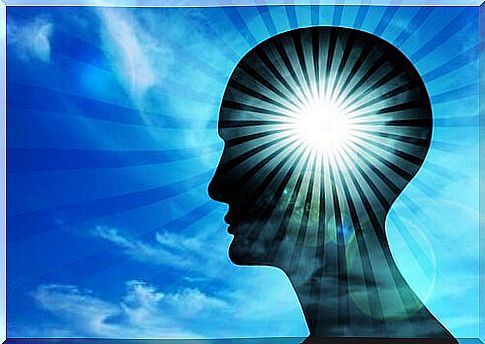
When there are specific and conscious purposes, but these do not become actions, the solution is not in forcing ourselves and forcing us to act in a certain way.
These situations carry with them a message of great value. There is “something” that blocks the will to act in a certain way. In reality, it is not a question of a lack of willpower, but we are talking about a triumph of that desire that is not part of consciousness.
We intend to follow a strict diet, but at the same time, we want to overeat until we can’t take it anymore. We begin the diet and, a short time later, we find ourselves enjoying a delicious “last” banquet, halfway between guilt and satisfaction.
What happens in these cases is that we have rationalized the benefits of eating healthily, but we have not understood our desire to eat until we burst. Sometimes, food represents more than just a taste or a feeling in the stomach.
Sometimes this compulsive need is synonymous with a much deeper desire that reduces “willpower” to zero.
In these cases, the will does not manifest itself. When what we do goes against our conscious will, we cannot speak of a weak character, but of a symptom of the unconscious. Once this symptom is deciphered and understood, then it vanishes.
Perhaps we need to force ourselves less and understand ourselves more to be able to transform our intentions into actions. Also, we need to make sure that these actions are consistent with what we really want to do in our life.

